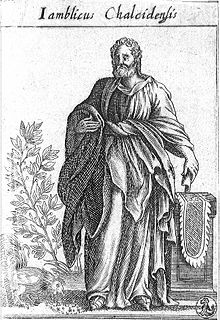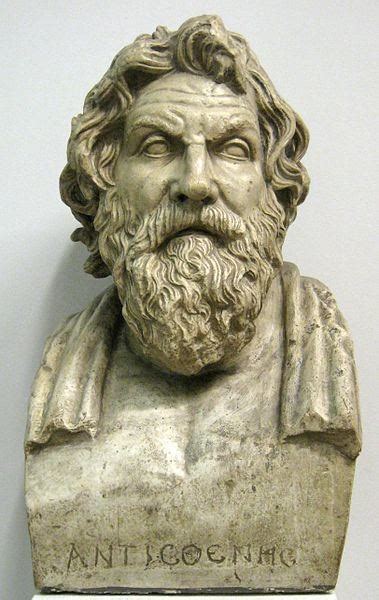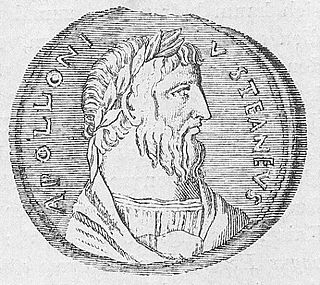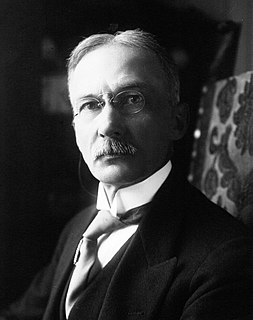A Quote by Daniel Tammet
We know next to nothing with any certainty about Pythagoras, except that he was not really called Pythagoras. The name by which he is known to us was probably a nickname bestowed by his followers. According to one source, it meant ‘He who spoke truth like an oracle’. Rather than entrust his mathematical and philosophical ideas to paper, Pythagoras is said to have expounded them before large crowds. The world’s most famous mathematician was also its first rhetorician.
Quote Topics
Related Quotes
I've approached music with the understanding that knowledge is available regarding tones and their effect upon the body. I think the father of that knowledge was the mathematician Pythagoras who lived several thousand years ago. Pythagoras was also a fine musician and he knew specifically what tones would affect which parts of the body.
What seems certain is that Pythagoras developed the idea of mathematical logic. He realized that numbers exist independently of the tangible world and therefore their study was untainted by inaccuracies of perception. This meant he could discover truths which were independent of opinion of prejudice and which were more absolute than any previous knowledge.
Aristotle ... imputed this symphony of the heavens ... this music of the spheres to Pythagorus. ... But Pythagoras alone of mortals is said to have heard this harmony ... If our hearts were as pure, as chaste, as snowy as Pythagoras' was, our ears would resound and be filled with that supremely lovely music of the wheeling stars.
Gradually, at various points in our childhoods, we discover different forms of conviction. There's the rock-hard certainty of personal experience ("I put my finger in the fire and it hurt,"), which is probably the earliest kind we learn. Then there's the logically convincing, which we probably come to first through maths, in the context of Pythagoras's theorem or something similar, and which, if we first encounter it at exactly the right moment, bursts on our minds like sunrise with the whole universe playing a great chord of C Major.
Others of them employ outward marks ... They style themselves Gnostics. They also possess images, some of them painted and others formed from different kinds of material. They maintain that a likeness of Christ was made by Pilate at that time when Jesus lived among them. They crown these images, and set them up along with the images of the philosophers of the world, such as Pythagoras, Plato, and Aristotle, and the rest. They have also other modes of honoring these images just like the Gentiles.
About Thomas Hobbes: He was 40 years old before he looked on geometry; which happened accidentally. Being in a gentleman's library, Euclid's Elements lay open, and "twas the 47 El. libri I" [Pythagoras' Theorem]. He read the proposition "By God", sayd he, "this is impossible:" So he reads the demonstration of it, which referred him back to such a proposition; which proposition he read. That referred him back to another, which he also read. Et sic deinceps, that at last he was demonstratively convinced of that truth. This made him in love with geometry.







































